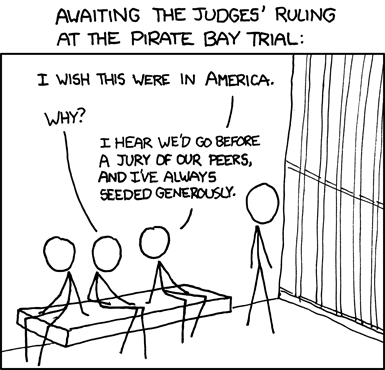Today I came across a notice that the Powerhouse Museum is adopting the attribution, non-commercial, no-derivatives Creative Commons license (for the material it owns)
This licence is used on some parts of our website. Examples are our own photography in the Photo of the Day blog and also for children’s activities on our Play at Powerhouse website. This licence means that you can republish this material for any non-commercial purpose as long as you give attribution back to the Powerhouse Museum as the creator and that you do not modify the work in any way. A more detailed explanation of this licence is available from Creative Commons.
And not long ago I found that the Brooklyn Museum was also using the same license.
This is in addition to the great collection of museums and institutions which have chosen to join the Flickr Commons.
The key goals of The Commons on Flickr are to firstly show you hidden treasures in the world’s public photography archives, and secondly to show how your input and knowledge can help make these collections even richer.
Among the 23 organisations in the Flickr Commons is the Swedish National Heritage Board which has begun putting photographs online. How about this photo from the small fishing town of Lysekil

Photograph: People in old Lysekil by Carl Curman (c:a 1870) uploaded RÄA


